Have you ever heard of the terms “Filter Bubble” and “Echo Chamber”?
These are words used to argue the dangers of social media, which is now commonly used worldwide.
With the proliferation of the Internet in modern society, information is overflowing within reach. At first glance, it may seem that this information broadens our perspective.
There are certainly aspects of that. However, we need to be aware that this is not always the case.
Especially, the two phenomena known as “Filter Bubble” and “Echo Chamber” significantly impact the information we receive and our worldview.
This article delves into these phenomena, exploring how they infiltrate our daily lives and how we should deal with them, with specific examples.
Filter Bubble: Selective Presentation of Information

What is a Filter Bubble?
A filter bubble is a phenomenon where customized information is provided on the Internet based on an individual’s behavioral history and preferences.
This phenomenon is formed unconsciously as we search for information online and use social media.
While the filter bubble serves as a convenient feature, it brings a wide range of problems, including influencing individual opinion formation, societal division, and the spread of misinformation or extreme opinions.
Examples of Filter Bubbles
Think back.
Have you ever searched for a new smartphone online, only to suddenly see advertisements for smartphones on social media or websites?
This is an example of a filter bubble. However, filter bubbles affect not only advertisements for products but also the news and political information we receive.
For instance, after searching for a particular political event, you might find that articles or videos with a one-sided perspective on the event start appearing in your feed.
In this way, filter bubbles reduce our chances of encountering diverse information, creating an environment where our beliefs and opinions are continuously reinforced.
The same phenomenon occurs on widely used social media platforms like TikTok and YouTube.
The Internet’s functionality, which records your social media browsing, searches, clicks, and bases on that information to present only the information that matches your tastes and interests, creates this.
While this may seem like an incredibly convenient function for us, it actually leads to the following issues:
Problems with Filter Bubbles
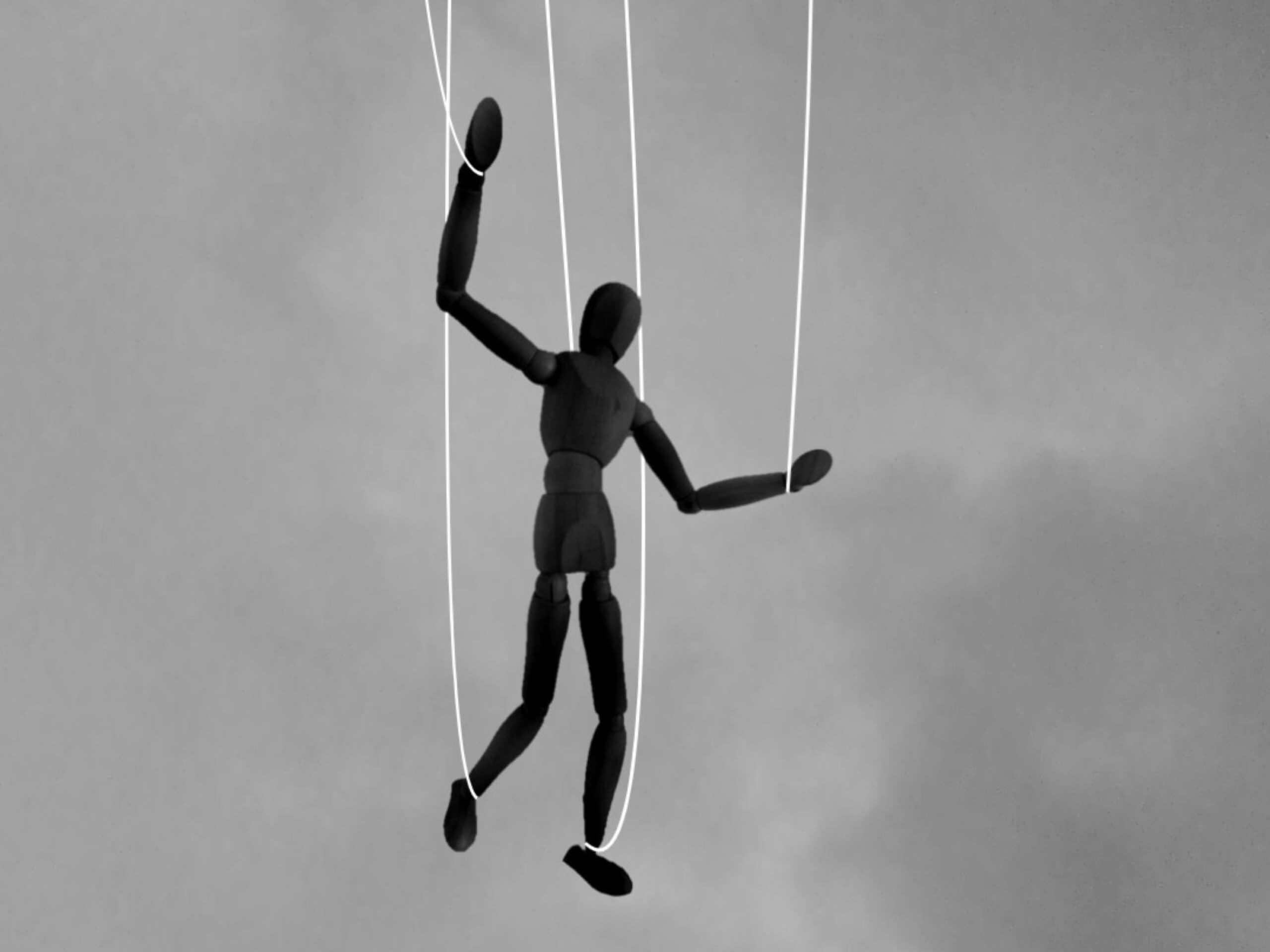
Lack of Diversity in Information
The most significant issue with filter bubbles is the lack of diversity in information.
Personalized information filtering allows users to only encounter information that matches their existing beliefs and interests, reducing their exposure to other information.
This limits the possibility of encountering new ideas or different perspectives, making it easier for individual thoughts to become fixed.
In society, there should be a variety of different perspectives and opinions. Your way of thinking is just one of the countless ones that exist.
However, if you repeatedly encounter information that matches your way of thinking and beliefs due to filter bubbles, you may feel as if your way of thinking and beliefs are the norm in society.
Reinforcement of Confirmation Bias
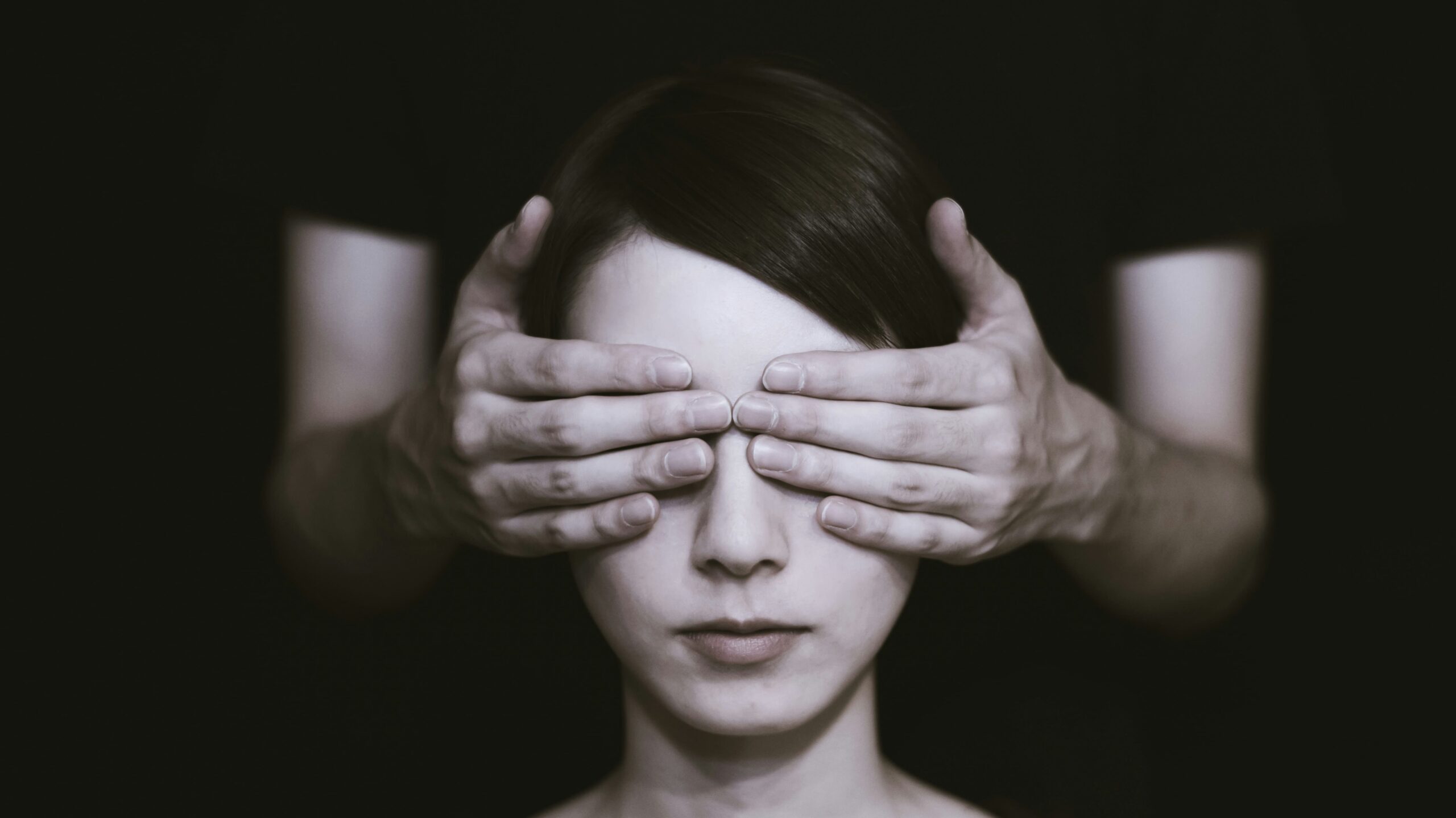
Filter bubbles strengthen confirmation bias, the tendency to favor information that supports one’s beliefs or hypotheses.
Being exposed only to information that aligns with one’s opinion strengthens the conviction that that opinion is correct, potentially lowering understanding and acceptance of different opinions.
This, like the lack of diversity mentioned earlier, invites the danger of extreme thinking, believing that one is correct.
Promotion of Societal Division
Filter bubbles contribute to deepening societal divisions.
The reduced chance of encountering different opinions or perspectives makes it harder for people to understand others with differing views, intensifying social conflicts and divisions.
This situation also leads to a decline in the quality of public discourse, essential for forming common understanding or agreement.
It’s the same on an individual level. If there are people around you with different opinions, it makes it difficult to accept those differences and coexist.
Spread of Misinformation and Extreme Opinions
Personalized information filtering based on an individual’s interests or existing beliefs makes it easier for misinformation, biased information, or extreme opinions to spread.
Especially on social media, content that appeals to emotions or extreme opinions tends to spread easily, and filter bubbles can exacerbate this issue.
How to Address

To address the issues of filter bubbles, it’s crucial to diversify information sources consciously.
Reading media with different viewpoints, seeking dialogue with various people, and intentionally exposing oneself to information that challenges one’s opinions are effective actions.
Additionally, understanding the impact of algorithmic filtering when using social media and cultivating the ability to select information independently is also vital.
Filter bubbles represent a new challenge in digital society’s information consumption. By actively tackling this phenomenon, we can create a richer, more balanced information environment.
Echo Chamber: Amplifier of Conformity Pressure
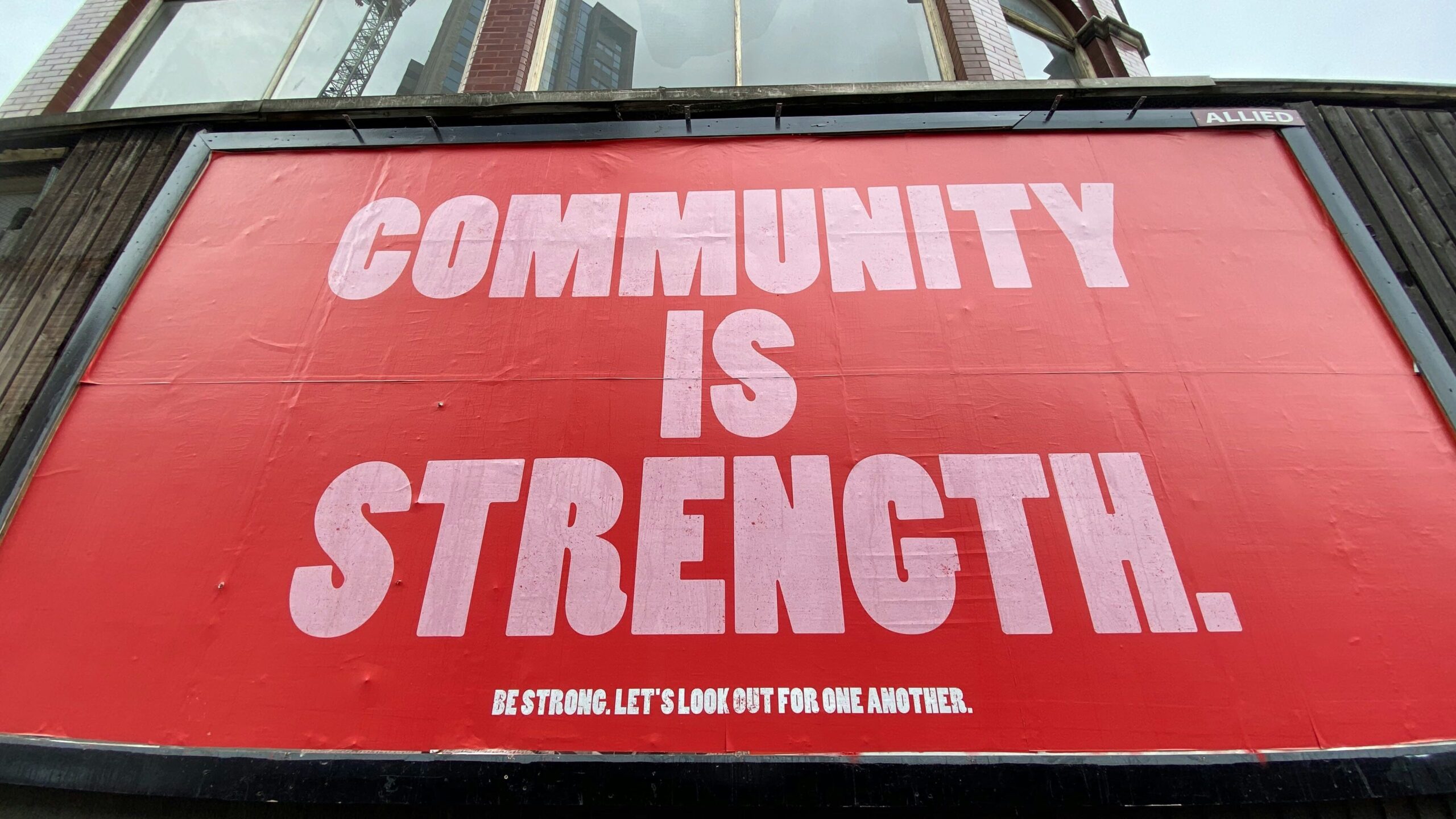
The echo chamber phenomenon refers to a situation where people sharing the same opinions or perspectives gather, and external, differing opinions are excluded, reinforcing the group’s existing beliefs.
This phenomenon is particularly evident on social media and specific online communities.
The problems echo chambers bring are diverse, potentially impacting individual thinking and society as a whole profoundly.
Problems with Echo Chambers

Extreme Opinions
As mentioned earlier, echo chambers refer to groups of people who gather, sharing the same opinions or perspectives.
Therefore, the exclusion of opposing opinions or critical perspectives and the emphasis on consistent opinions within the group gradually radicalize participants’ beliefs.
This process makes it difficult to adopt a neutral or moderate stance, leading to the justification of extreme opinions or radical behaviors.
Deepening Societal Division
Echo chambers hinder dialogue and interaction between different groups, further deepening societal division.
The loss of opportunities for people with different opinions to understand each other amplifies conflicts and misunderstandings, damaging empathy and cooperation.
Spread and Solidification of Misinformation
Within echo chambers, information supporting the group’s beliefs or identity is shared preferentially, making it easy for misinformation or biased information to spread.
Furthermore, the repetition and emphasis of this information within the group can solidify it, causing incorrect beliefs or prejudices to persist over time.
Lack of Critical Thinking
Echo chambers create environments where participants are surrounded by one-sided information or opinions.
This reduces opportunities for verifying information sources or considering different perspectives, leading to a decrease in critical thinking.
As a result, individuals may easily accept information at face value and find it difficult to adopt a self-critical stance towards their beliefs.
How to Address

To tackle the problems of echo chambers, it’s essential to actively expose oneself to different opinions and information sources.
Also, verifying information sources and evaluating information from multiple perspectives when using social media is necessary.
Furthermore, promoting constructive dialogue with people holding different opinions can mitigate echo chambers’ effects, aiming for a more comprehensive understanding.
Raising awareness and understanding of the echo chamber phenomenon is crucial for promoting healthy public discourse and alleviating societal conflicts.
The Difference Between Filter Bubbles and Echo Chambers
We have described the characteristics of filter bubbles and echo chambers.
While both phenomena share similar traits, here’s a brief summary of their differences:
Filter Bubbles
Automatically created: The Internet looks at your past behaviors (searches, clicks, etc.) and decides, “You’ll like this,” showing you similar information or advertisements.
Result: You only see information that you’re interested in or agree with, making it hard to encounter new or different opinions.
Echo Chambers
Created by people: Groups or communities online where people with the same opinions or interests gather, everyone talks about the same things, making them believe their views are correct.
Result: Your opinion becomes stronger, and it may become hard to listen to different opinions.
In summary, a “filter bubble” is a phenomenon where “technology narrows down information to fit your preferences,” and an “echo chamber” is an environment where “people only interact with others who share the same opinions, further reinforcing their own.”
Both can make it difficult for us to encounter diverse information, biasing our thoughts and beliefs.
Intimacy with Politics and Religion
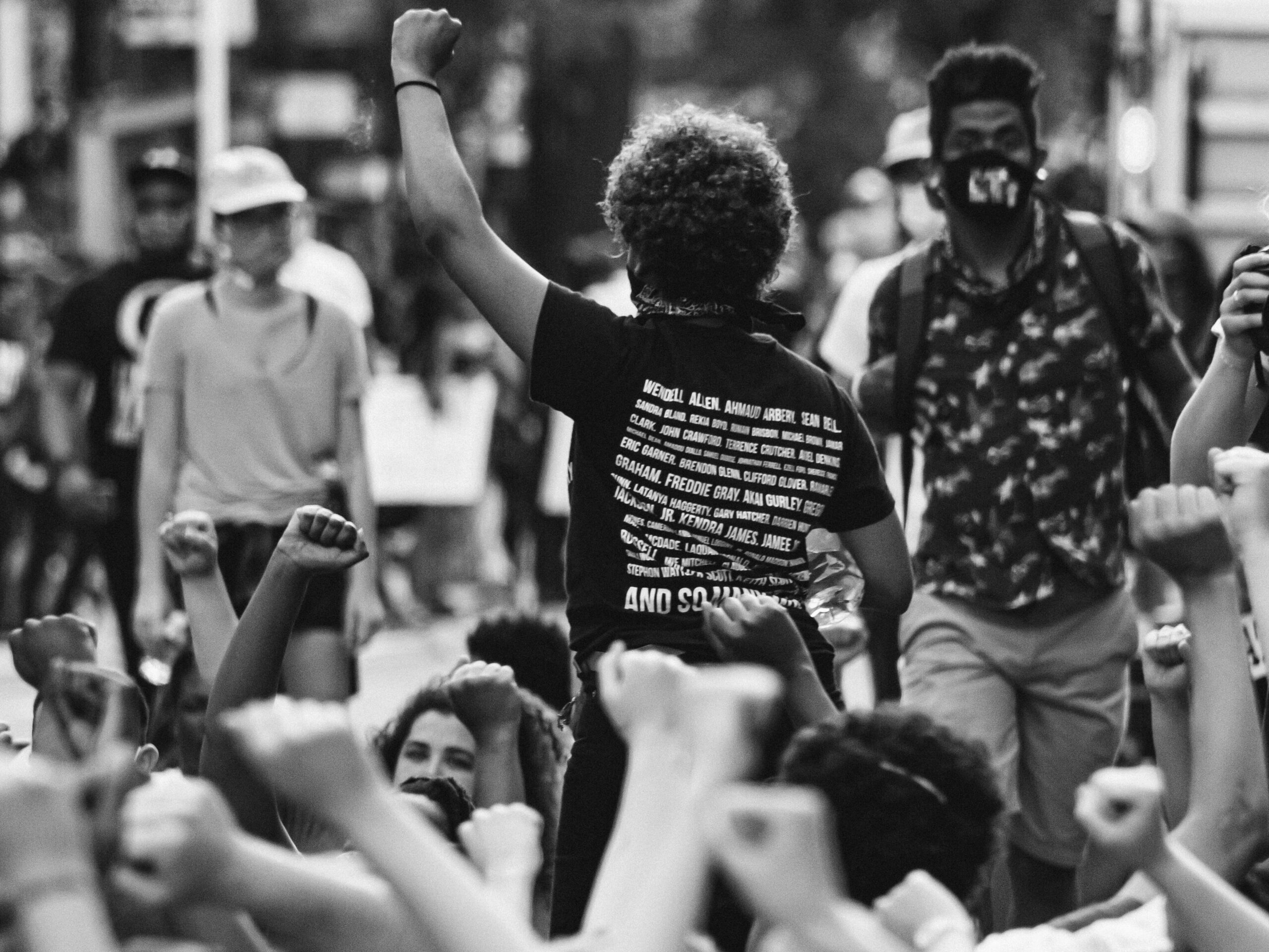
Filter bubbles and echo chambers are particularly evident in fields like politics and religion.
These areas deeply involve individual identity and values, making it easy for people sharing the same beliefs to gather and become defensive against different opinions.
Impact on Political Thinking
Political Filter Bubbles
In politics, filter bubbles reinforce individuals’ political beliefs, encouraging the consumption of one-sided information.
For example, frequently viewing news or opinion articles related to a specific political stance can cause search engines or social media algorithms to prioritize such content, leading users to rarely encounter opposing or different political perspectives.
This can deepen societal division and make understanding and dialogue between conflicting opinions difficult.
Political Echo Chambers
In politics, people supporting a specific party or political belief gather in social media groups or forums to reinforce their opinions.
Within these groups, consistent political views are shared, and differing perspectives or critical opinions are often excluded.
As a result, participants believe their opinions are absolutely correct, losing understanding and tolerance for others and different opinions.
This process can deepen societal divisions and intensify conflicts.
Impact on Religious Views
Religious Filter Bubbles
In religion, filter bubbles encourage believers to repeatedly encounter information supporting their faith or doctrine, distancing them from different religious views or beliefs.
This can further strengthen believers’ religious convictions while potentially lowering their understanding and tolerance for other religions or belief systems.
Religious Echo Chambers
Similarly, in religion, echo chambers form when people with common beliefs or values gather.
Within religious communities, teachings and values based on faith are shared, and external, differing beliefs or criticisms are less accepted.
This environment can promote faith deepening and community cohesion but also make dialogue with the outside world or understanding people with different faiths difficult.
The Intimate Relationship’s Background
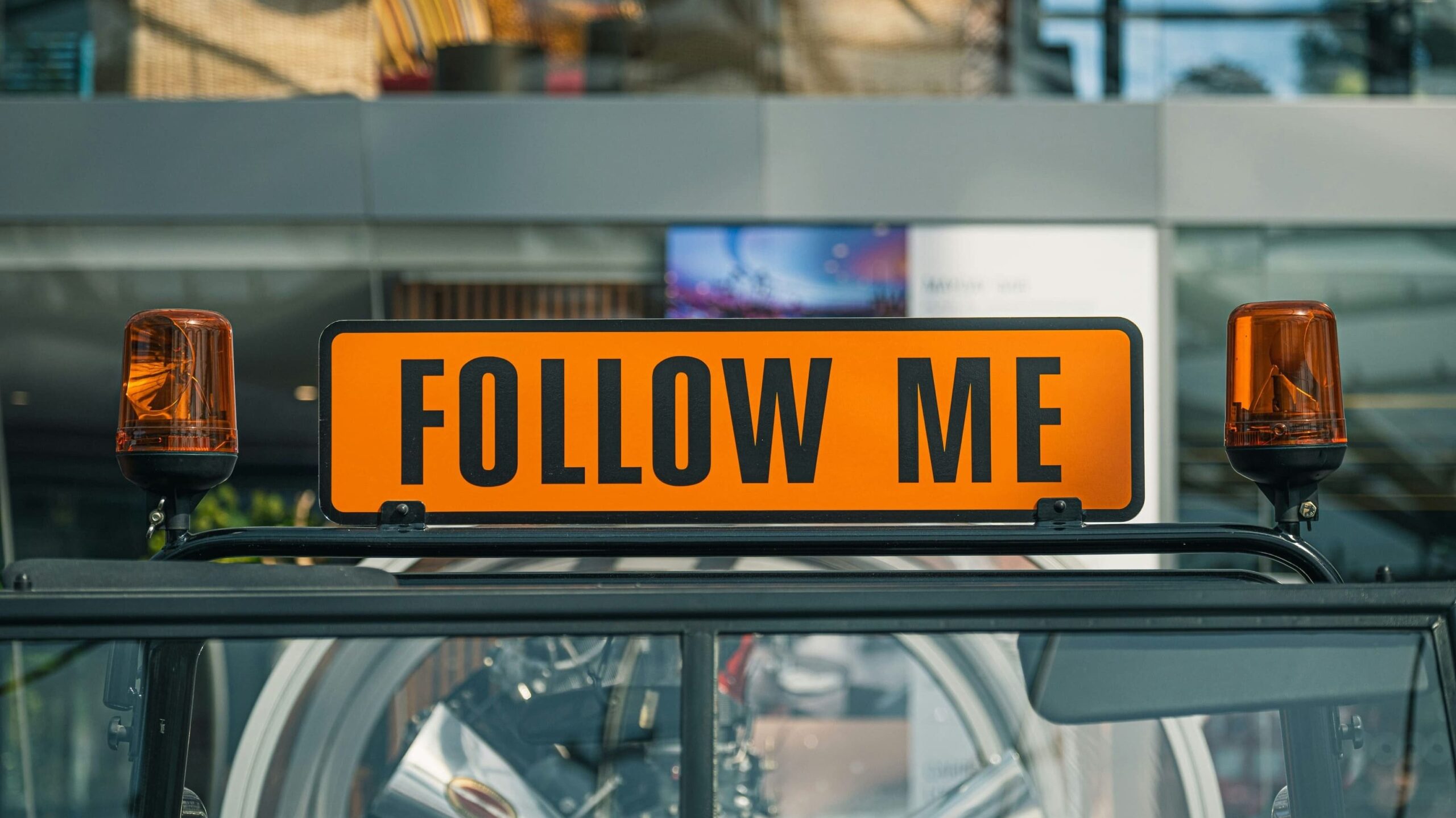
The intimate relationship between politics, religion, and filter bubbles and echo chambers stems from the significant role these fields play in forming individuals’ identities and worldviews.
People naturally gravitate towards information that supports and strengthens their beliefs and values.
To avoid uncertainty and complexity and to have confidence in their opinions, people tend to belong to communities that share the same thoughts.
This process forms filter bubbles and echo chambers, losing the diversity of opinions and escalating conflicts.
To counteract these phenomena, it’s crucial to actively seek different perspectives, cultivate critical thinking, and engage in dialogue with people with differing opinions.
Doing so can promote a more inclusive understanding and societal tolerance.
Conclusion
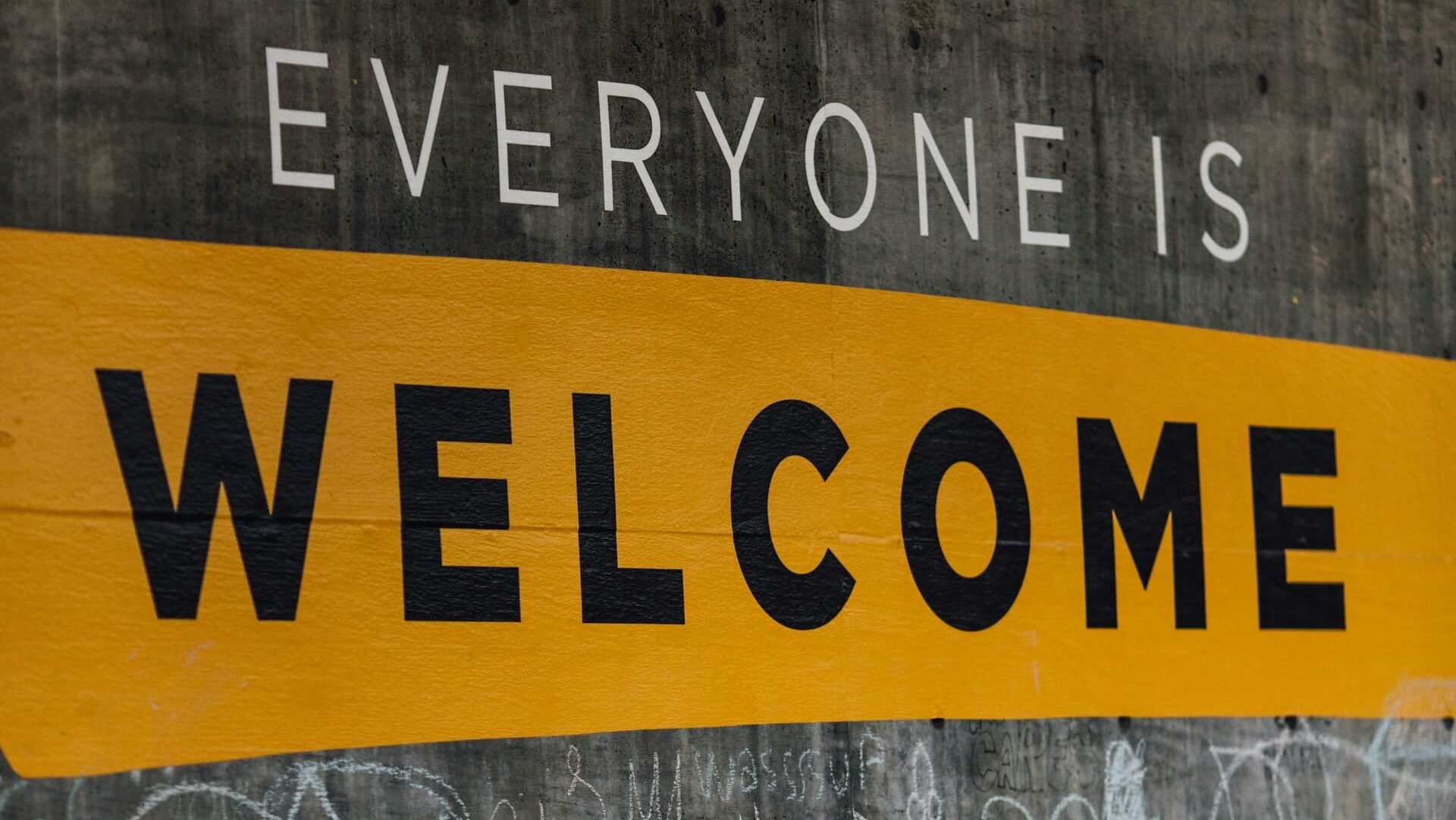
What do you think?
We use the Internet as if it’s natural, but these phenomena are happening without our knowledge.
Of course, it enriches our lives as a convenient function.
However, even if we think we are thinking and acting on our own, we may be led by these phenomena.
It may not be a problem for minor everyday matters.
However, for relationships with important people or significant life-changing decisions, it might be necessary to take a moment to objectively reflect on whether those are genuinely our own thoughts.
Filter bubbles and echo chambers are challenges we need to consciously tackle in the digital age.
By exposing ourselves to diverse information, critically questioning its validity, and listening to different opinions, we can build a more balanced and rich worldview.
Having an open and flexible mindset to new information and different perspectives is essential for creating a better society where we live together.
In a world where diversity is valued, embracing and respecting each other’s differences with an open and flexible mindset might be the key to creating a truly diverse society.
What are your thoughts?
Are your thoughts and actions genuinely what you desire?
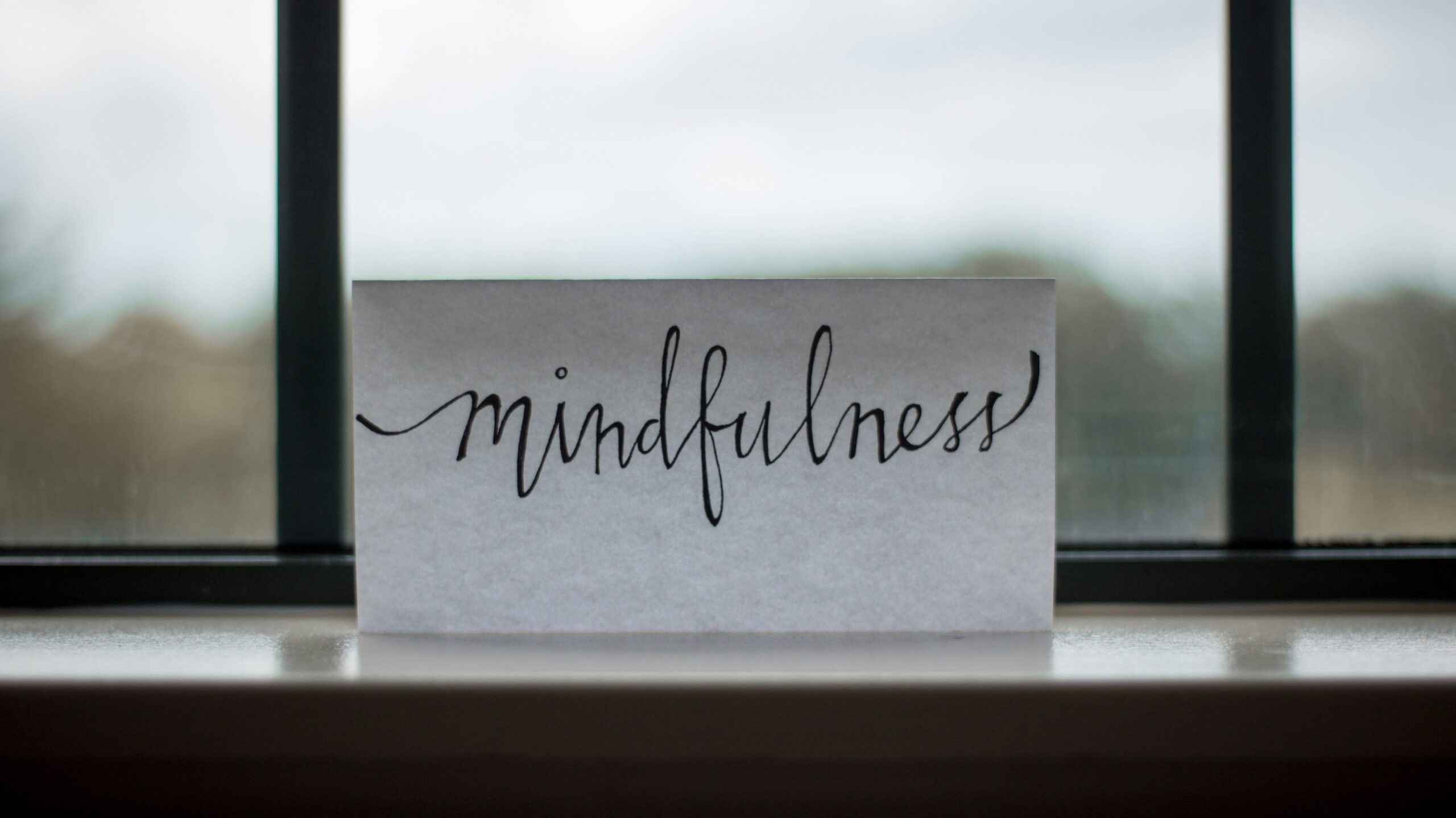
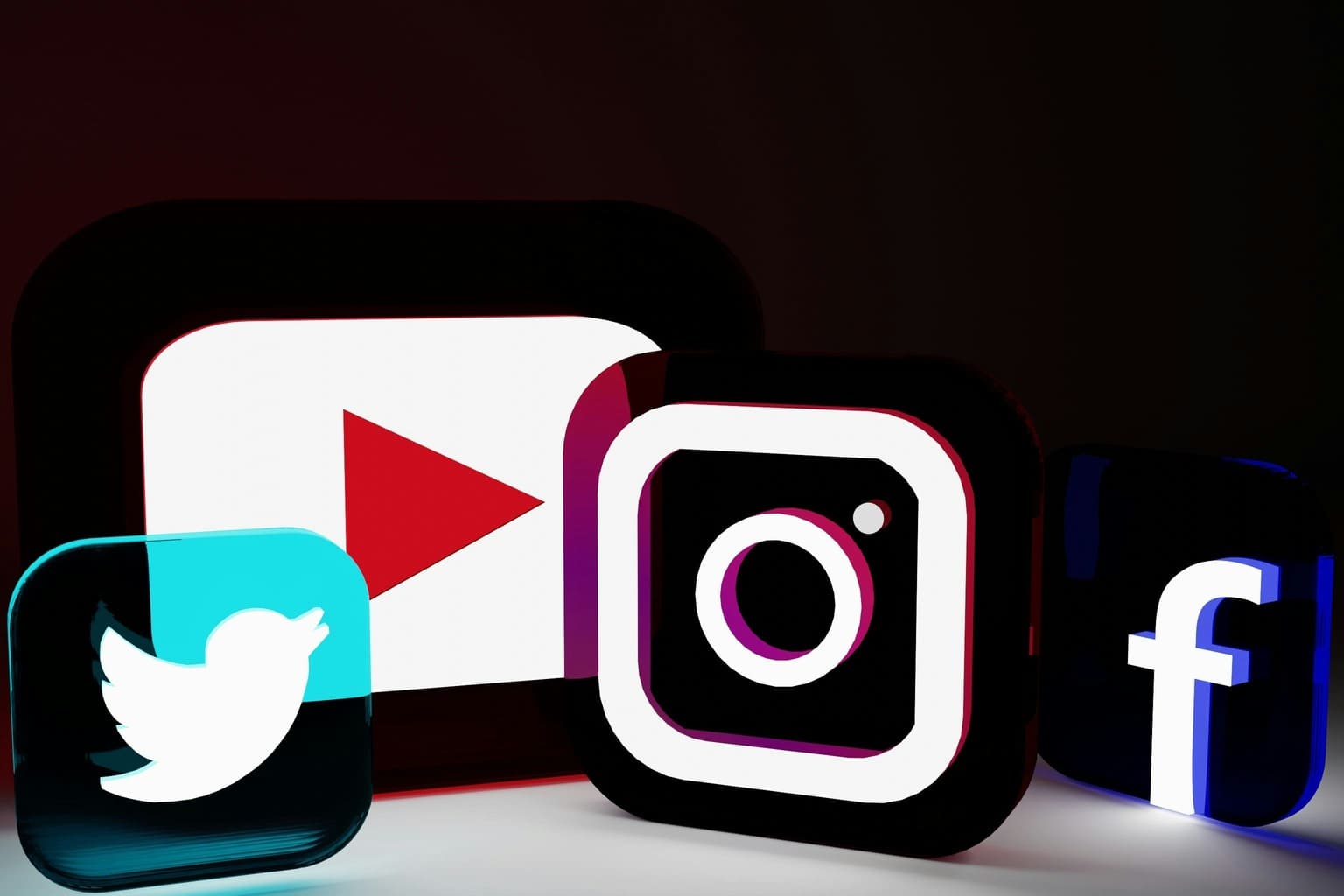


Comments